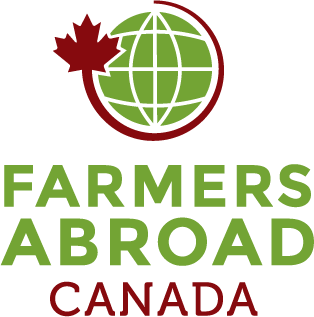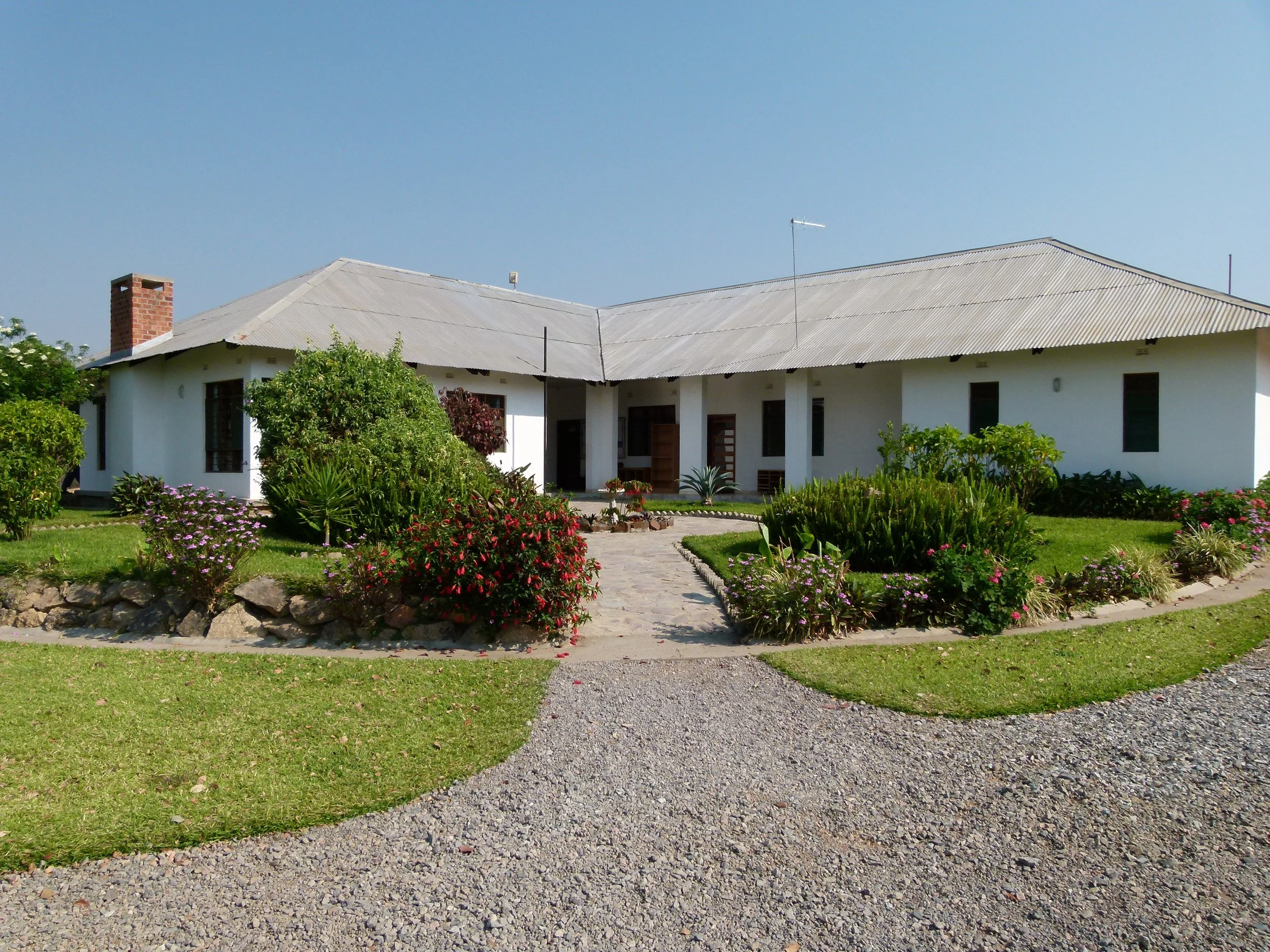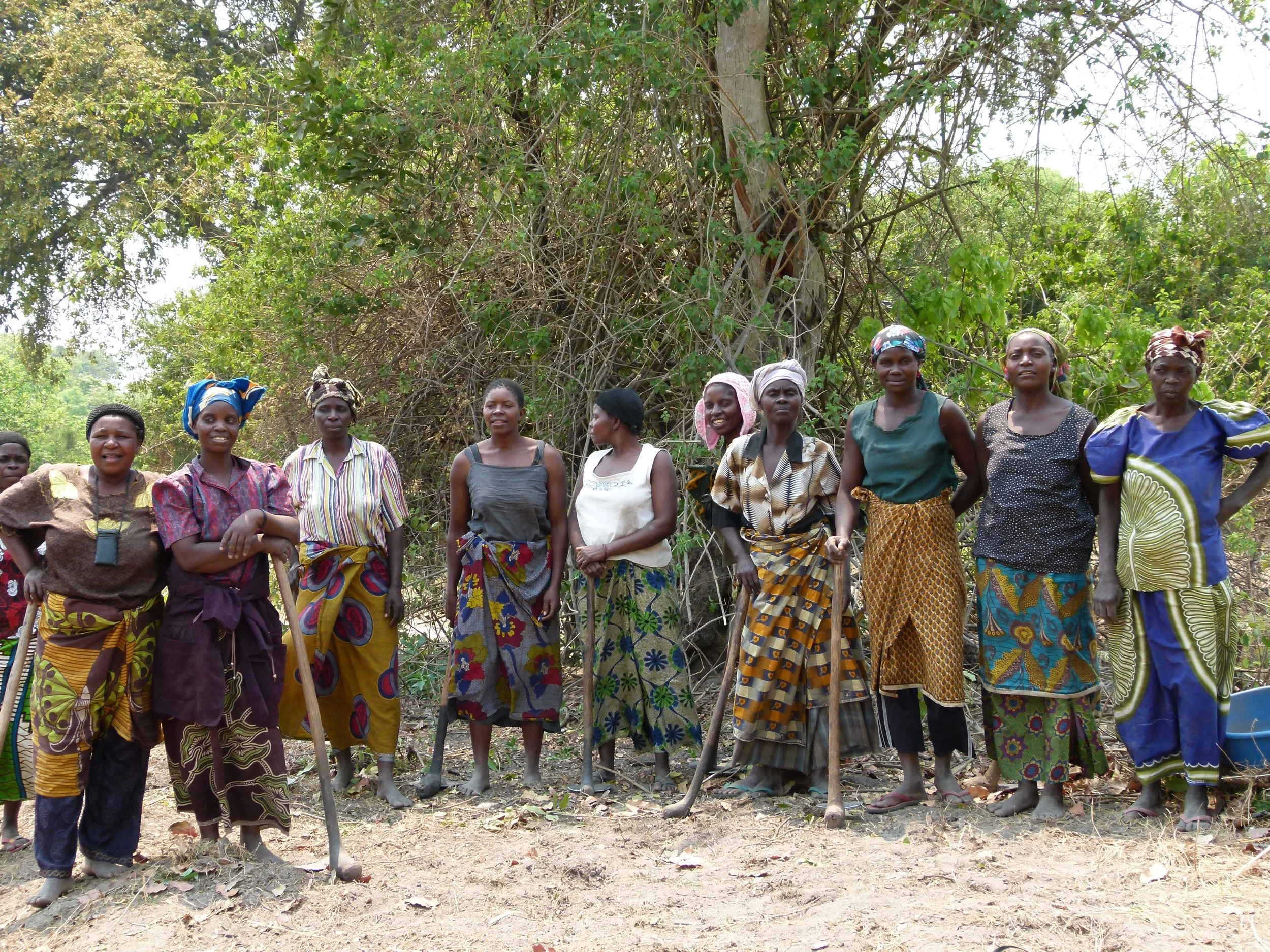Farmers Abroad Canada's purpose is to serve as an amplifier for existing community-based agricultural programs in developing countries.
We are a registered charity whose goal is to help young people by equipping them with skills in agriculture and food production.
Donate ⟶
Application for Funding
Farmers Abroad will not be accepting new applications until further notice. We are committed to our current projects.
-
Grant type – Funding for new or existing projects that educate young people under 21 years of age with knowledge of food production and agriculture.
Deadlines and notification of results – Applications will be considered throughout the year, as they are received. Applicants can expect to receive an answer within 3 months of submitting their documentation. Please submit your request at least 6 months before the intended start of your project to allow for adequate processing time.
Grant amount – A maximum of $30,000 CAD will be awarded per project per calendar year.
Application limits – An organization can apply once per calendar year.
-
Types of potential applicants to a FAC grant for youth agricultural education include:
An educational body such as a qualified existing school
A youth program or organization, including an NGO
A private group looking for co-investment in their agricultural education project
Programs supporting students of all genders and ethnicities are eligible. For more information, please refer to the Application Information Form.
-
Support for initiatives within existing educational or leadership-building frameworks that look to advance education with respect to agriculture and food production at local schools and community-based agricultural programs for youth in developing countries.
Support for agricultural education programs which extend access to nutrition, health education/nursing, OneHealth, or locally-produced food.
The Farmers Abroad Canada project will not build programs from the ground up. This grant is to supplement existing schools and programs in order to allow them to better deliver agricultural education. Applicants must show that they have existing infrastructure or programs where we can add value.For more information, please refer to the Application Information Form.
-
All applicants must provide the following:
Completed application form
Budget document
Any other documents such as letters of support, proof of land availability, etc.. which support claims made in your application
Send all completed applications to info@farmersabroad.ca
Make a Donation
Imagine how you would learn to earn a living on your family farm, if your parents were gone.
Our legacy projects have been focused in the Manyinga region of Zambia. In this area, 85% of the population farms and therefore many of the Manyinga students are in need of agricultural skills to support themselves. In most cases, children learn farming techniques in the field at a parent’s side. But in a place where AIDS, malaria, and TB have decimated families, these skills may not be effectively passed on. Our education initiatives have sought to fill some of that knowledge gap.
Farmers Abroad Canada is a charity focused on building on this legacy and broadening our impact.
We cannot do this without you and your support.
Where We Started
Dr. Allan Ronald and his wife Myrna
A Manyinga Project supported school
Fish farm community project
-
In the early 1990’s, renowned HIV/AIDS researcher Dr. Allan Ronald and his wife Myrna visited Allan’s sister Marian in northwestern Zambia, a region torn by recent strife in neighbouring Angola and suffering from the impact of HIV and AIDS. They witnessed the plight of orphans who had lost one or both parents to AIDS and who were often forced to fend for themselves. They visited the community of Chinema, where they found only children and elders. They also witnessed the determination of the elders to provide the children with a basic education, and experienced a “classroom” of children meeting under a tree, ranging in age from 6 to 16, all in Grade One. Inspired by their experience, Allan, Myrna and Marian offered to help two local communities, Chinema and Samafunda, in their efforts to set up day schools for orphans and vulnerable children who could not afford the tuition charged by the state-run schools. In partnership with the Manyinga Community Resource Centre, the Manyinga Project was launched.
-
In partnership with the local community, the Manyinga Project supported two schools, Grade One to Seven, at Chinema and Samafunda, small villages in the Manyinga region of Zambia.
Approximately 300 children are enrolled at Chinema, while the Sumafunda School typically enrols over 130 students. At these two schools, agriculture is integrated into the students’ education experience, helping them learn basic farming and gardening skills they can apply on their own land.
-
In a country where 85% of the population farms, many of the Manyinga students will need agricultural skills to support themselves. In most cases, children would learn farming techniques in the field at a parent’s side. But in a place where AIDS, malaria, and TB have decimated families, these skills may not be effectively passed on. With our support, the local community has implemented an innovative program to teach basic farming skills to the orphans and vulnerable children at the Manyinga schools.
An agronomist visits the schools one day per week, teaching the students basic farming and gardening skills. Students learn about timing and depth of seeding, the use of fertilizer and other crop inputs, efficient water use, weeding, and animal husbandry. Emphasis is on gardening among the lower grades and field crops among the higher grades. Everyone learns about animal husbandry and takes their turn to work with the goat herds. Students in higher grades also receive marketing training and entrepreneurship training integrated with their math classes.
In addition to the goal of providing these vulnerable children the skills necessary to become viable commercial farmers and successful gardeners, the output of the school’s farming and gardening efforts supplements the lunch program served at school, and generates income to support a portion of the schools’ operating costs.
"I have learned it is important to nurture my crops and protect them from damaging pressures. My favourite thing to do in the orchards is water them and ensure they are healthy to support my community."
— Joseph R.
Farmers Abroad:
Expanding the Impact
Farmers Abroad Canada was founded to build on the successes of the Manyinga Project.
Our goal is to take what was learned in the support of these schools and fund valuable community projects on a granting basis that promotes sustainability and community engagement.
As of 2022 we are still proud supporters of both the Chinema and Samafunda agricultural programs.
“I know my donation from my farm is directly making a difference to a farmer somewhere else in the world. To me this is a way for farmers to support farmers”
— Jennifer W.









